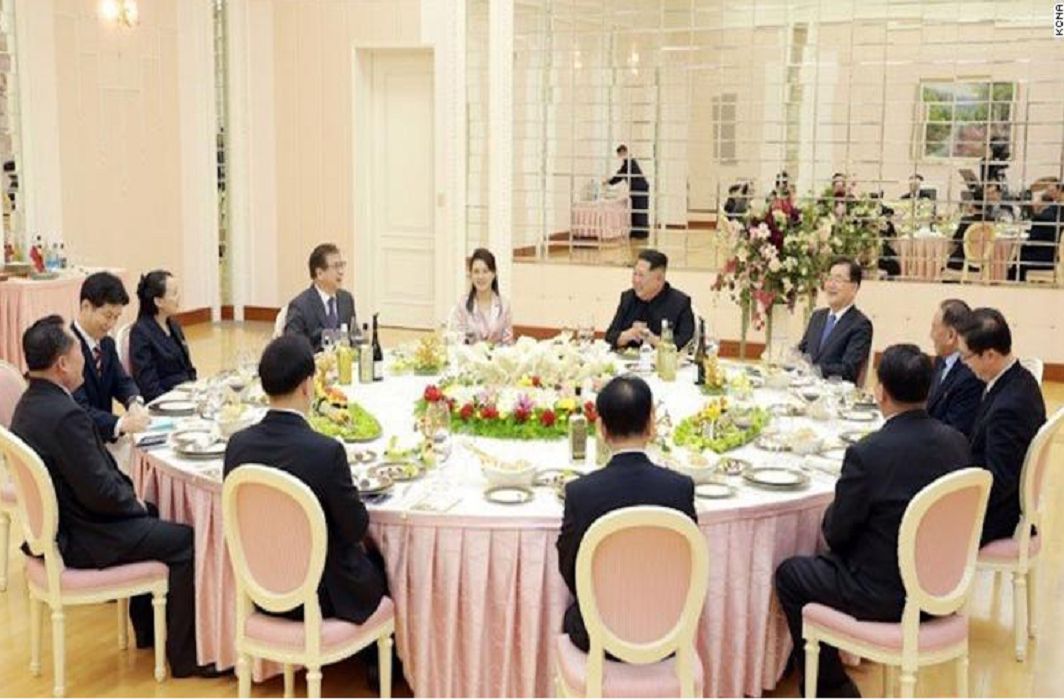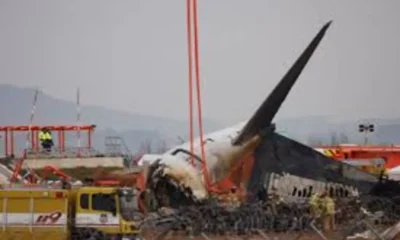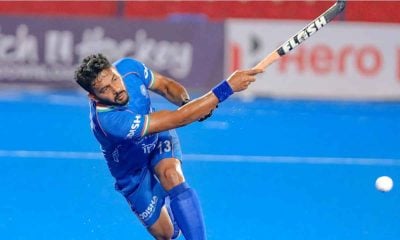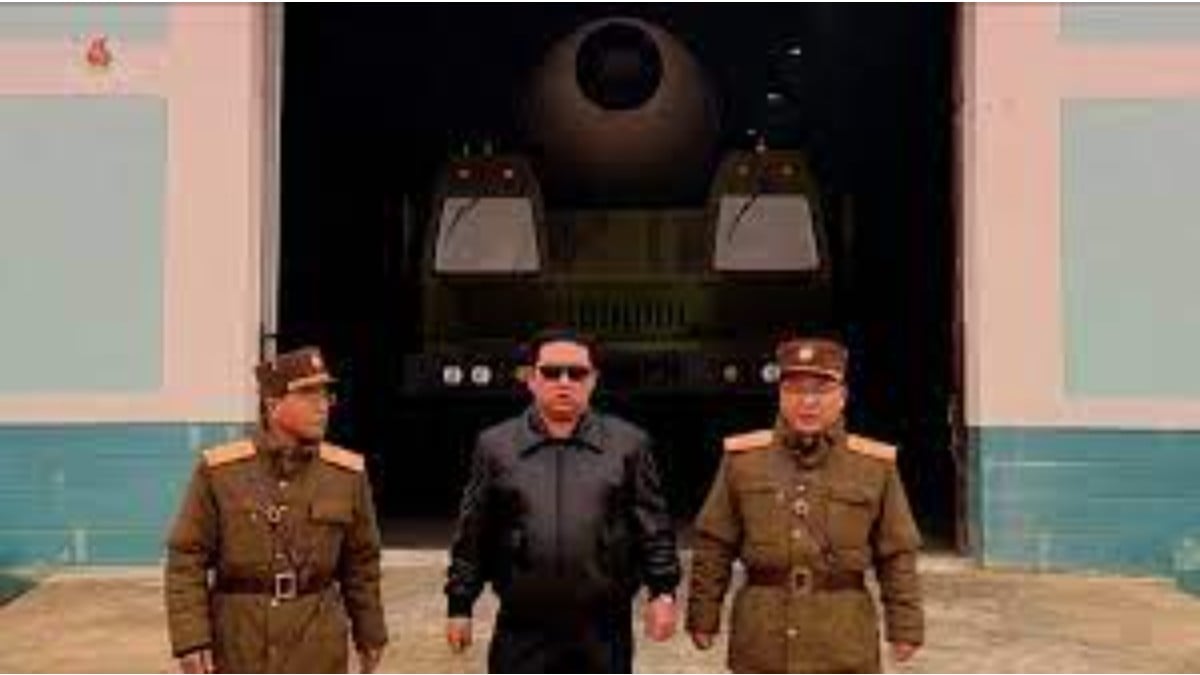Agrees for Summit meeting with South Korean leader
In a groundbreaking development, North Korean leader Kim Jong Un has met with South Korean delegation headed by its National Security Chief Jong Ui Yong, the special envoy of President Moon Jae-In and expressed desire to “write a new history of national reunification” in Pyongyang on Monday.
The visit of the South Korean high ranking delegation is followed by North Korean initiative of sending powerful delegation to South Korea during recently held winter Olympics in PyeongChang. Kim Jong Un’s sister Km Yo Jong and country’s vice president were leading the delegation. North Korean delegation had skipped a secret meeting with US Defence Secretary during the visit.
Read More: North Korea skips secret meeting with Mike Pence
According to North Korea official KCNAwatch, the South Korean delegation comprised with Jong Ui Yong, chief of the State Security Office of Chong Wa Dae, the official name of South Korean President’s palace, So Hun, director of the National Intelligence Service, Chon Hae Song, vice-minister of Unification; Kim Sang Gyun, vice-director of the National Intelligence Service and Yun Kon Yong, chief of the Office of State Affairs Situation of Chong Wa Dae.
During the meeting, Kim Jong Un, the North Korean leader was assisted by his administration’s senior officials including Kim Yong Chol, vice-chairman of the Central Committee of the Workers Party of Korea (WPK) and Kim Yo Jong, first vice department director of the Central Committee of the WPK.
Shaking hands of the special envoy and his party one by one, Kim warmly welcomed them on their visit to Pyongyang.

Jong Ui Yong, the Special envoy of South Korean leader handed over the personal letter of President Moon Jae In to North Korean leader Kim JOng Un. The members of the delegation thanked Kim for dispatching high-level delegation and various large-scale delegations with the 23rd Winter Olympics.
Read more: UN Secretary General welcomes North-South Korea talks
Responding to the gestures from South Korean officials Kim Jong Un said that “it is natural to be glad at the auspicious event of the fellow countrymen of the ‘same blood’ and help it. The Winter Olympics served as a very important occasion in demonstrating the stamina and prestige of ‘our nation’ at home and abroad and providing a good atmosphere of reconciliation, unity and dialogue between the north and the south.”
The official news agency, reports that Kim had an “openhearted talk with the party of the special envoy delegation of the south side over the issues arising in actively improving the north-south relations and ensuring peace and stability on the Korean Peninsula”.
Read more: Donald Trump slaps economic sanctions against North Korea
Kim reportedly clarified repeatedly that “it is our consistent and principled stand and his firm will to vigorously advance the north-south relations and write a new history of national reunification by the concerted efforts of our nation to be proud of in the world”.
Hearing the intention of South Korean President Moon Jae In for a summit from the special envoy of the south side, he exchanged views and made a “satisfactory agreement”. Kim gave instructions to the relevant officials to rapidly take practical steps for it.
Kim Jong Un also made an exchange of in-depth views on the issues for easing the acute military tensions on the Korean Peninsula and activating the versatile dialogue, contact, cooperation and exchange.
The talk between the Kim Jong Un and the visiting South Korean delegation took place in a compatriotic and sincere atmosphere. North Korean leader also held a photo session with the members of the delegation.
Read more: South Korea President to meet Kim Jong Un sister
During South Korea visit, Kim’s sister Km Yo Jong had handed over an official invitation to South Korean President Moon Jae-In to visit North Korea. Kim’s sister was the first member of the North’s ruling dynasty to visit South Korea since the Korean war ended in 1953.
Read More: UN: North Korea provides material for Syrian chemical weapons


 India News13 hours ago
India News13 hours ago
 India News12 hours ago
India News12 hours ago
 India News3 hours ago
India News3 hours ago
 Cricket news2 hours ago
Cricket news2 hours ago
 India News1 hour ago
India News1 hour ago













